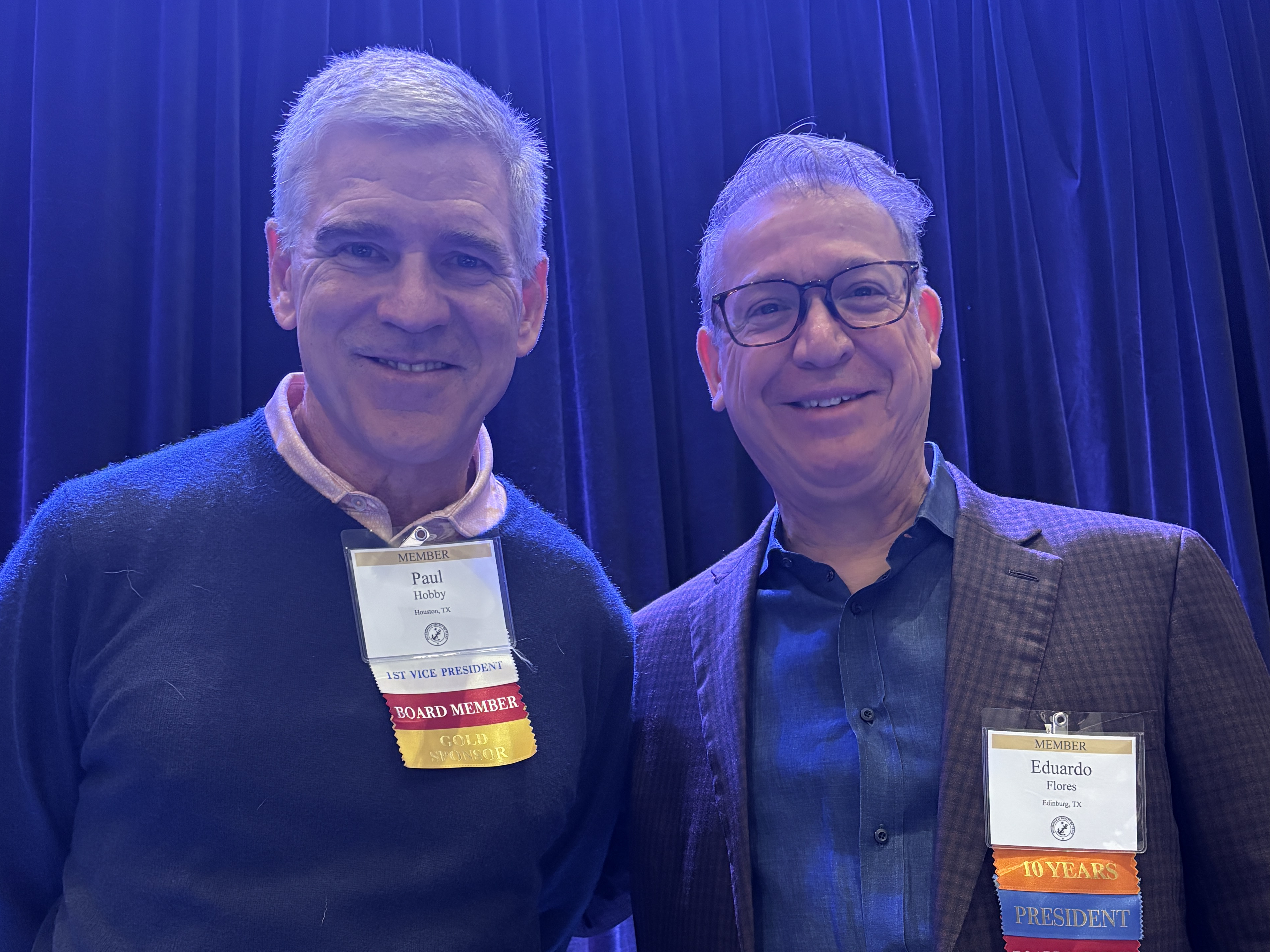The Philosophical Society of Texas is...
the oldest learned society in Texas, established in 1837 by many of the founders of the Republic of Texas, including Sam Houston, Mirabeau Lamar, and Anson Jones. These founders established ambitious goals to support the cultural and intellectual development of Texas through the “collection and diffusion of knowledge.” Since 1937, this mission has been accomplished by annual meetings around Texas with topical themes of importance, by distribution of the proceedings of each meeting in print and electronically, and by awarding annual book prizes.
Annual Meeting
Annual Meetings of the Philosophical Society of Texas feature outstanding speakers on varying topics of relevance to Texas. Meetings always occur over a weekend and are held in different cities around the state. They are open to members, their guests, and the spouses of late members.
Meeting Proceedings
The Proceedings of Annual Meetings are distributed free to libraries and posted on The Portal to Texas History.
Kempner Family Book Prizes
The Society awards annual prizes in the categories of fiction, nonfiction, and poetry for new publications about Texas or by a Texan.



